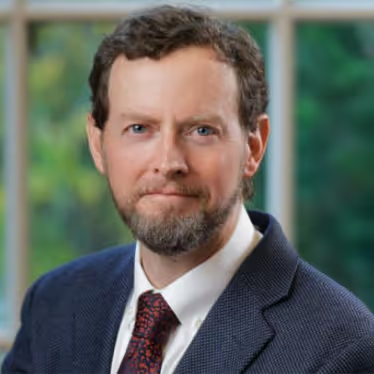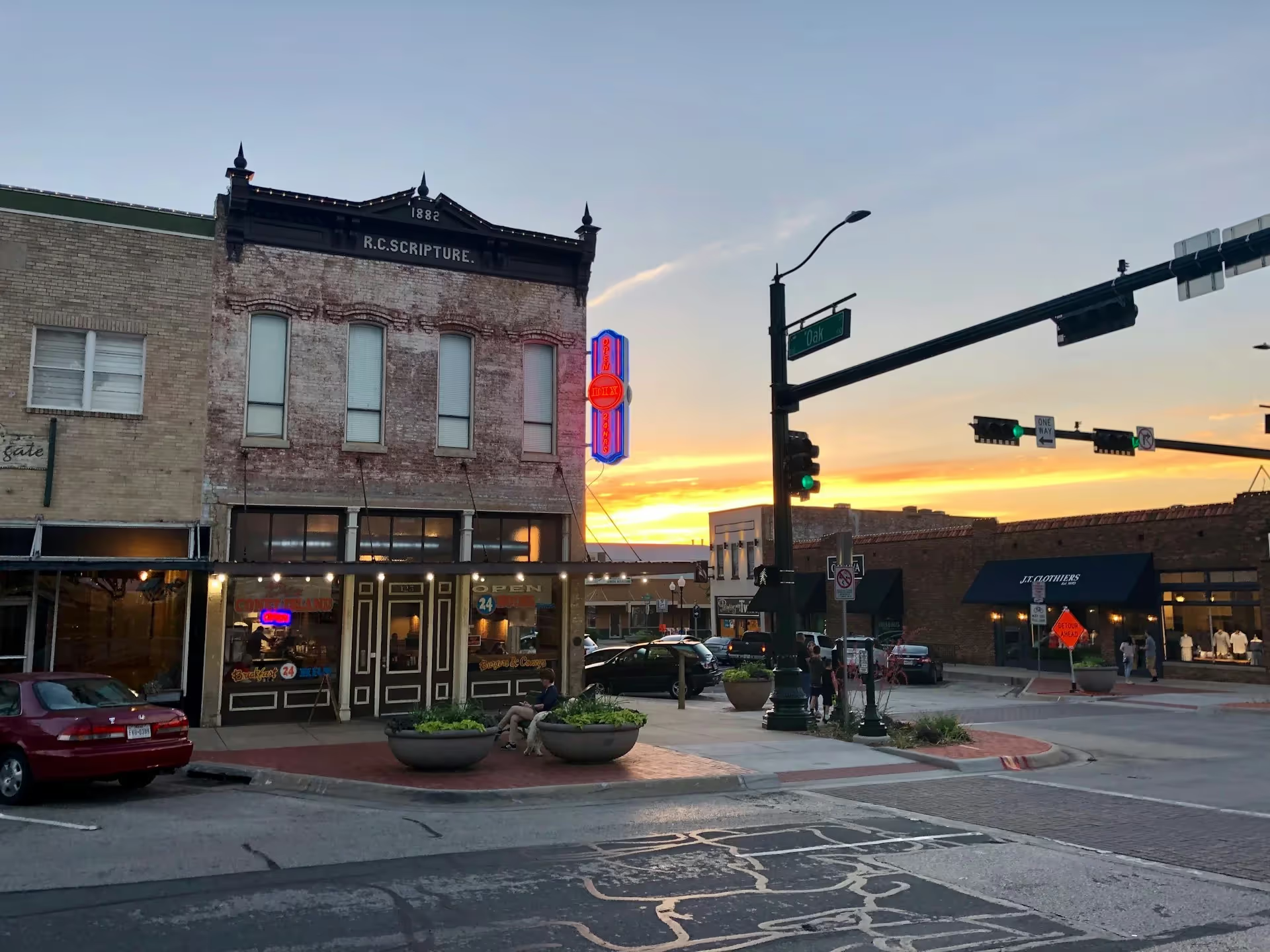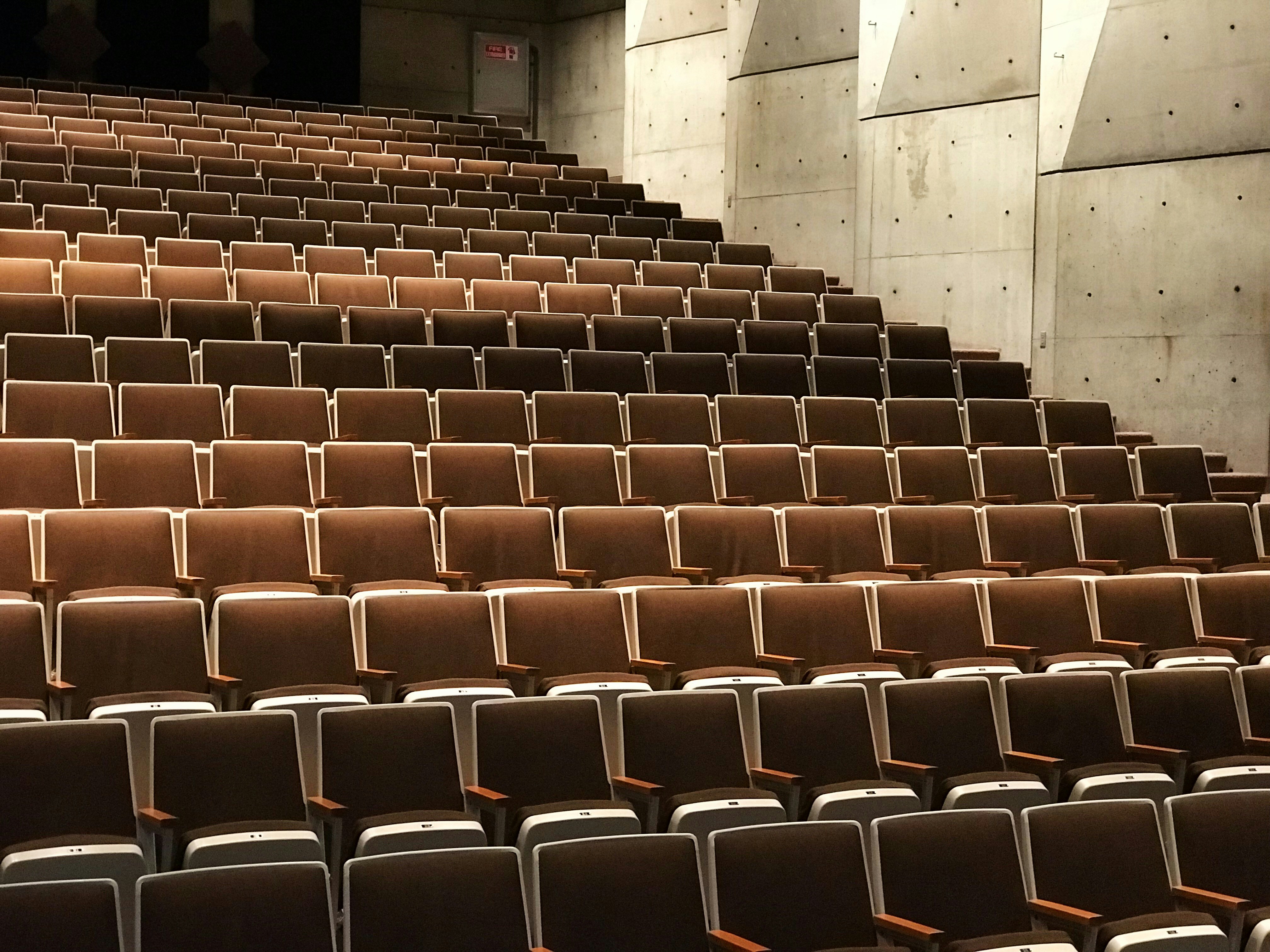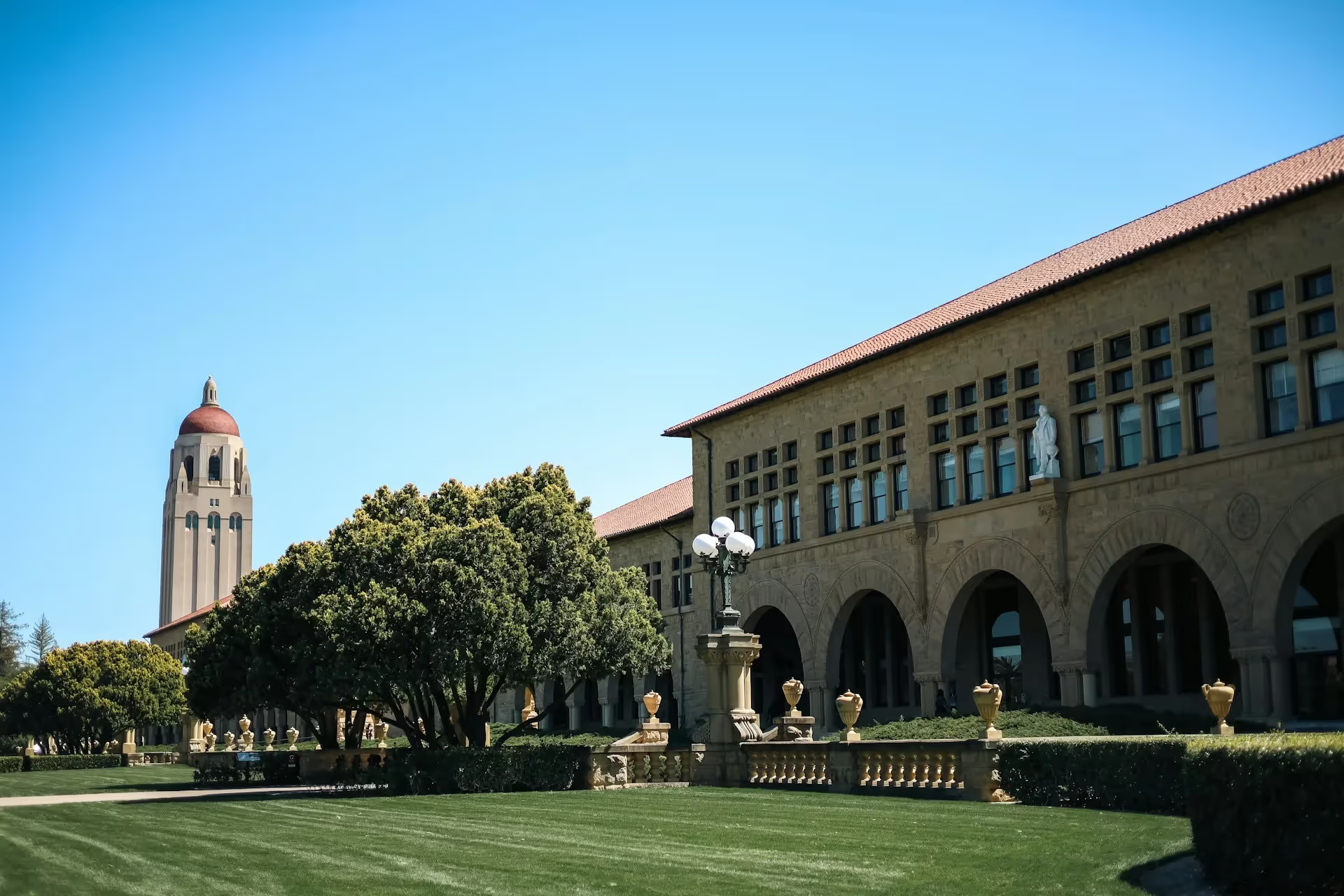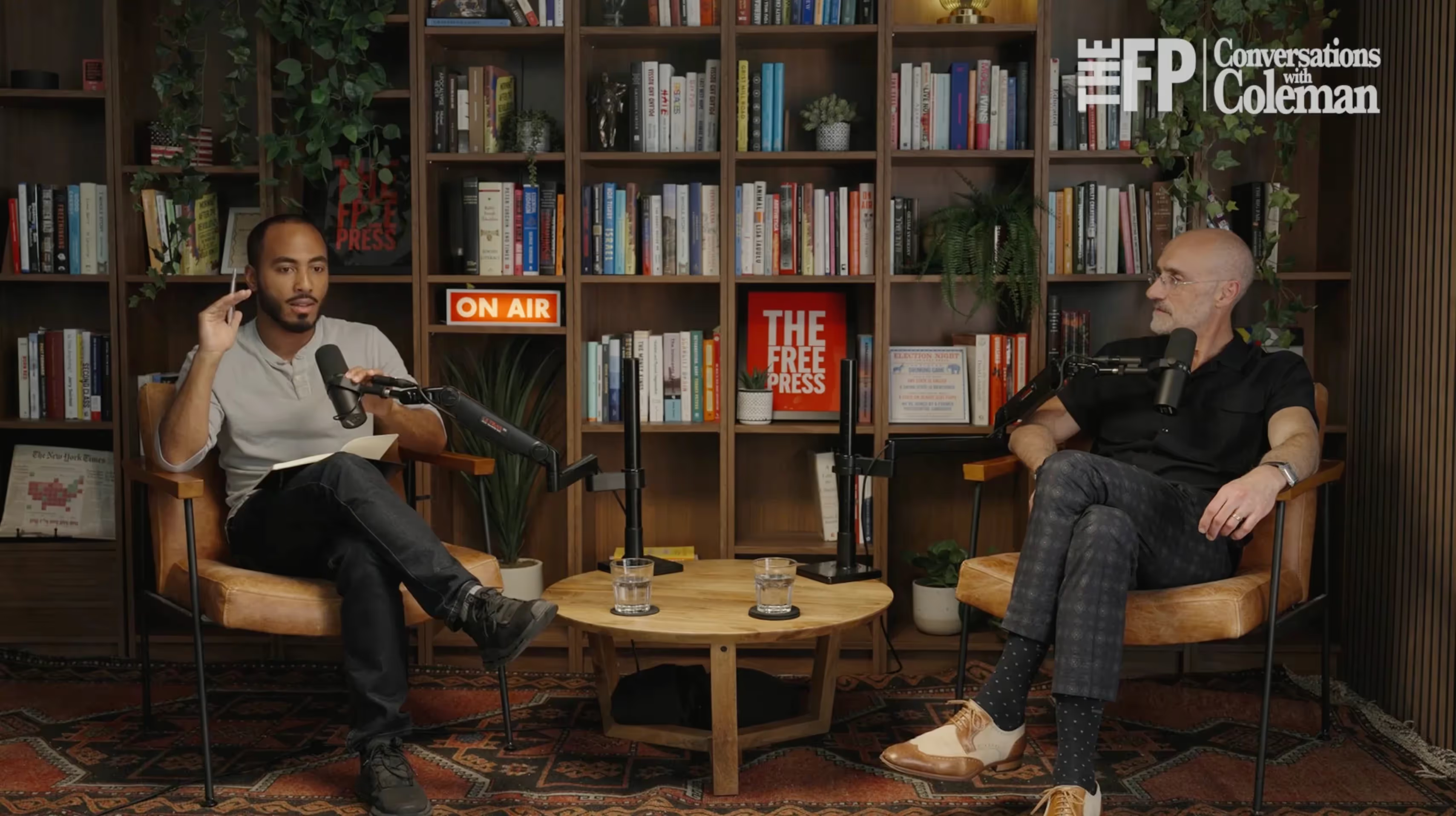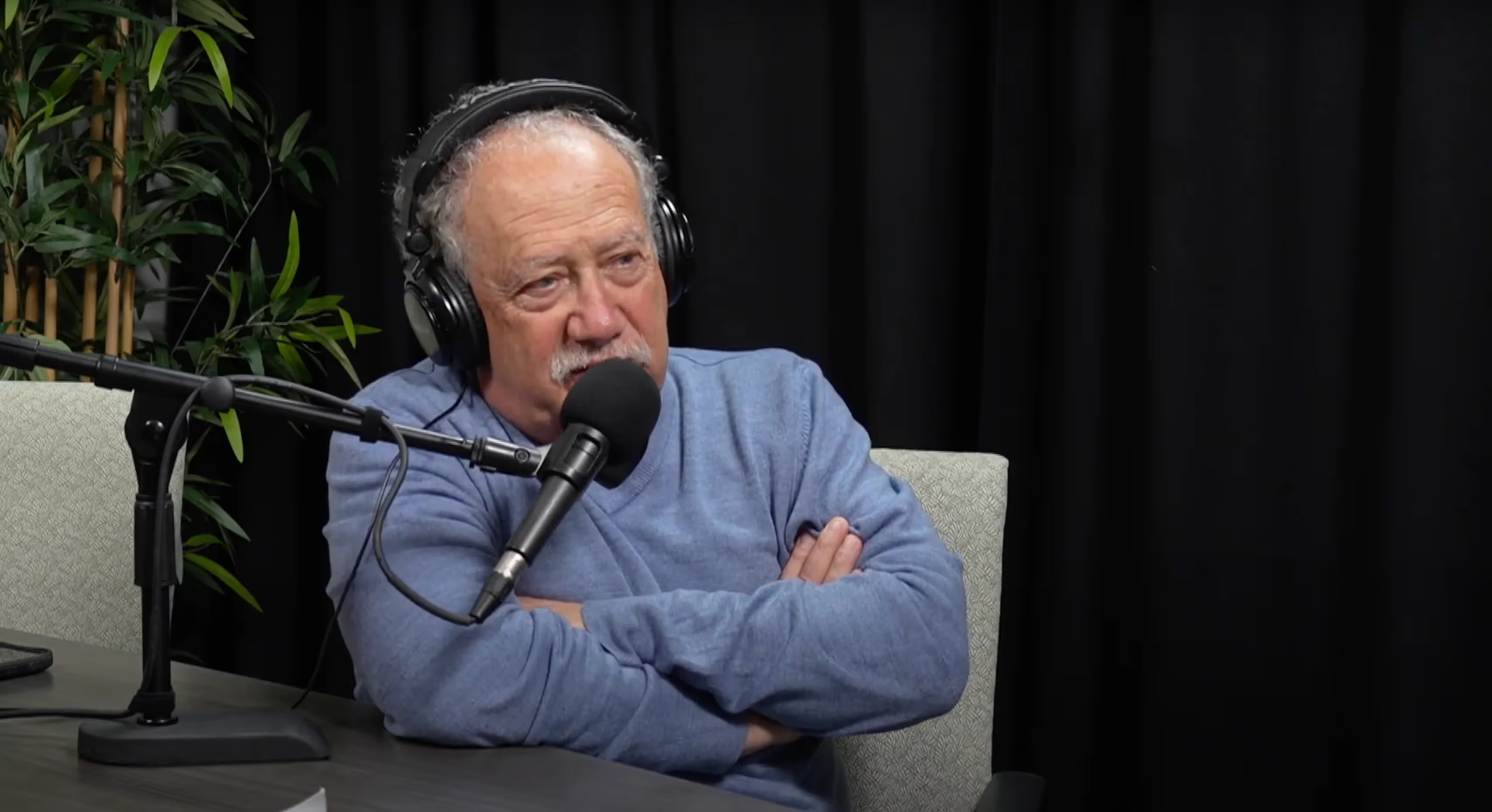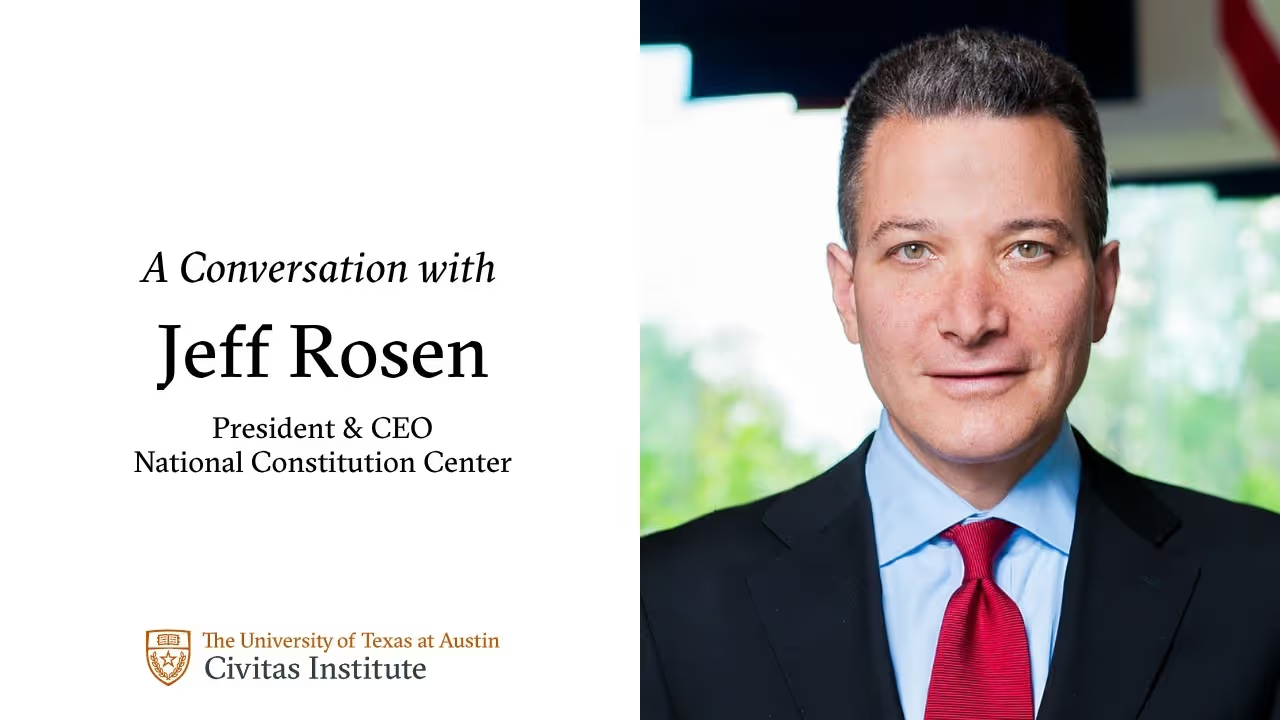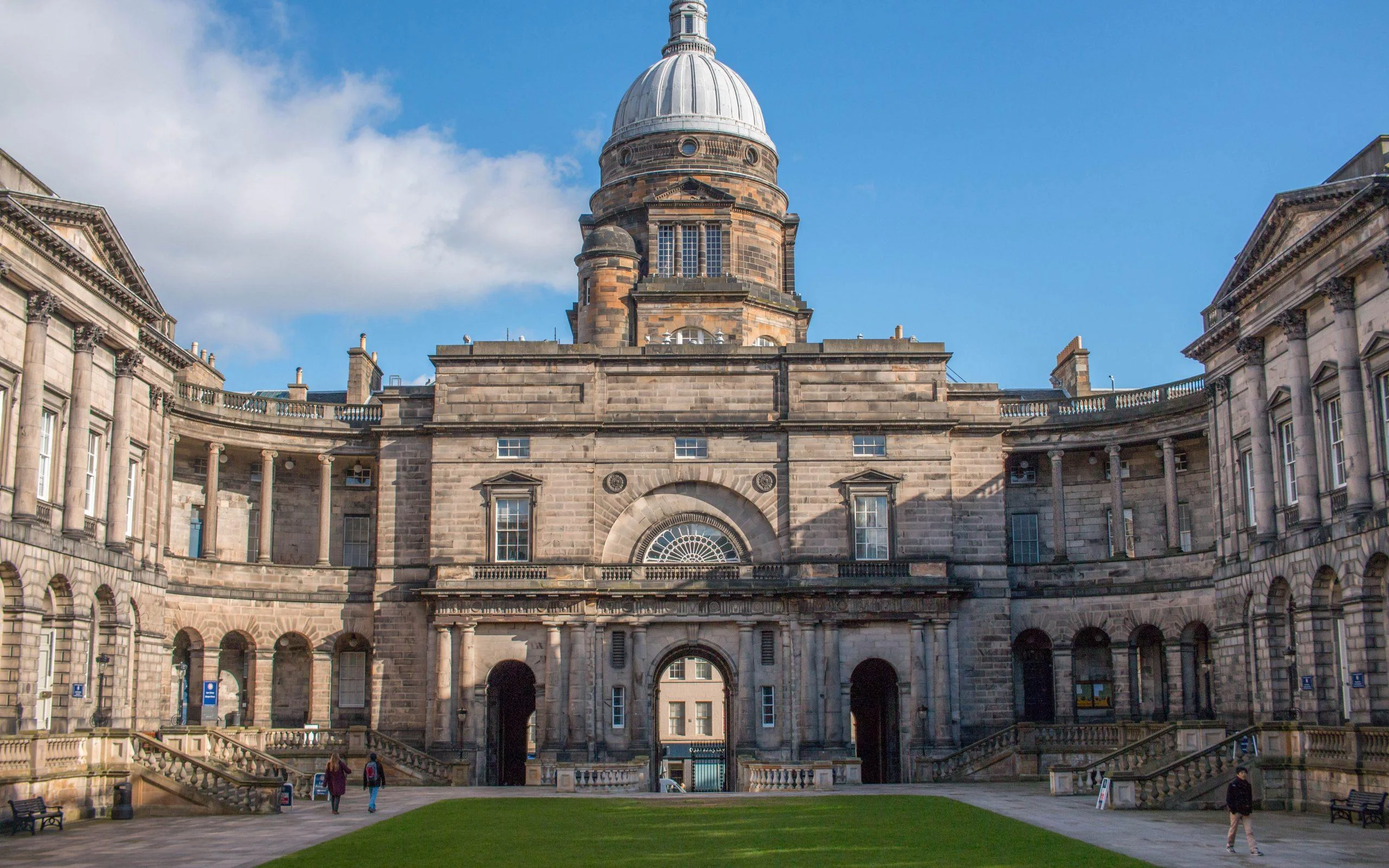
How to Broaden the Academic Tent
Broadening the academic tent will not be easy. But it is not impossible.
Courageous university leaders are now publicly recognizing that university faculties have a viewpoint diversity problem. The range of opinions regularly represented on campus has become too lopsided, leaving important questions unasked and significant topics understudied. This long-simmering intellectual problem is now a political liability, as increasing numbers of people feel excluded from the scholarly enterprise, and Americans are coming to believe they are ill-served by institutions they are asked to support. The academy urgently needs to broaden its tent.
Without practical models for increasing intellectual and political diversity on the faculty, though, it will become tempting to ignore the problem. That would be unfortunate. Universities face the prospect of spending decades as a political football. Even if they develop some effective defenses against the Trump administration, they are unlikely to recover the bipartisan support they need to confidently operate if they don’t pull their institutions firmly back toward the American center.
Over the last several years, we have been developing a suite of models to bring underrepresented intellectual and political perspectives into the heart of academic discourse. All of our models seek to change the course of current university practices while going with the essential grain of academic life.
Pursuit of Happiness
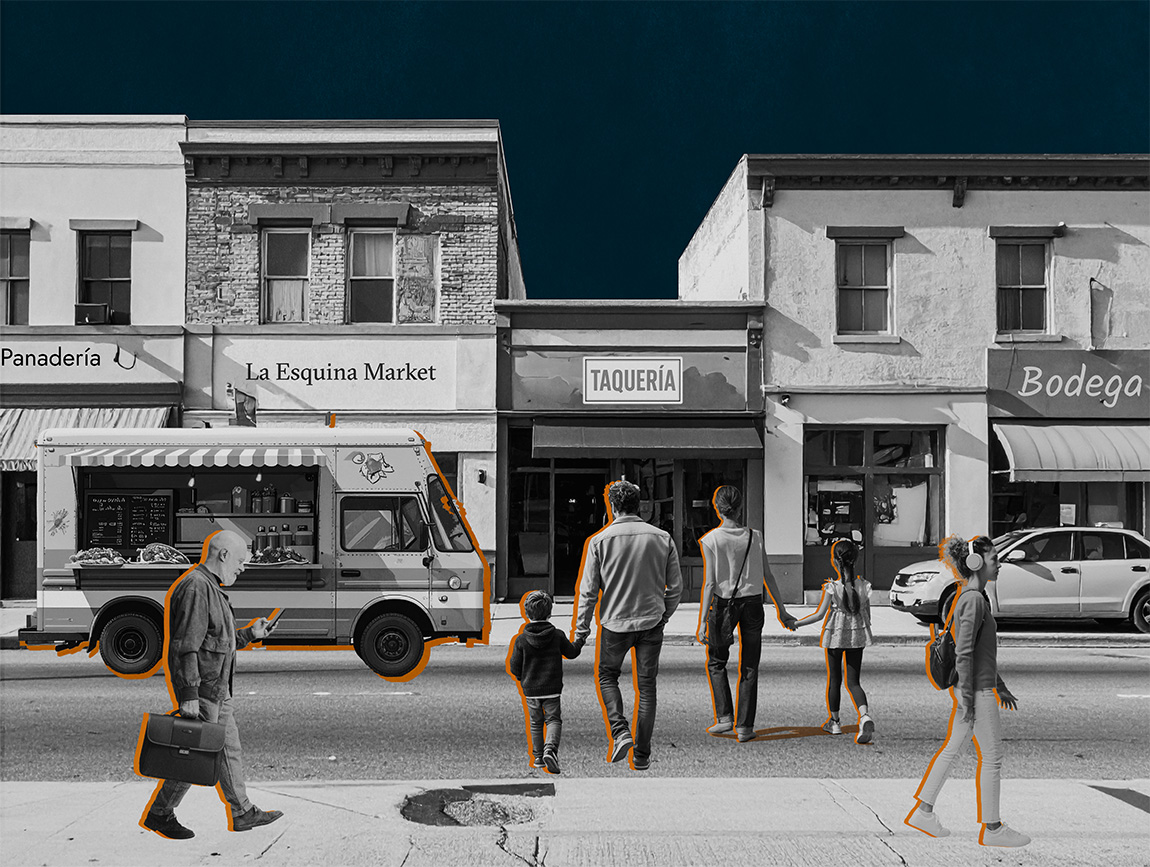
The Rise of Latino America
In The Rise of Latino America, Hernandez & Kotkin argue that Latinos, who are projected to become America’s largest ethnic group, are a dynamic force shaping the nation’s demographic, economic, and cultural future. Far from being a marginalized group defined by oppression, Latinos are integral to America’s story. They drive economic growth, cultural evolution, and workforce vitality. Challenges, however, including poverty, educational disparities, and restrictive policies, threaten their upward mobility. Policymakers who wish to harness Latino potential to ensure national prosperity and resilience should adopt policies that prioritize affordability, safety, and economic opportunity over ideological constraints.

Exodus: Affordability Crisis Sends Americans Packing From Big Cities
The first in a two-part series about the Great Dispersion of Americans across the country.

The AI Future: Between Certain Doom and Endless Prosperity
AI continues to become more complex and sophisticated, but public policy solutions do not.

The Castle, the Cathedral, and the College
Our civilization struggles to explain why anything should command allegiance beyond preference or power; its remnants echo a grandeur now distant.

